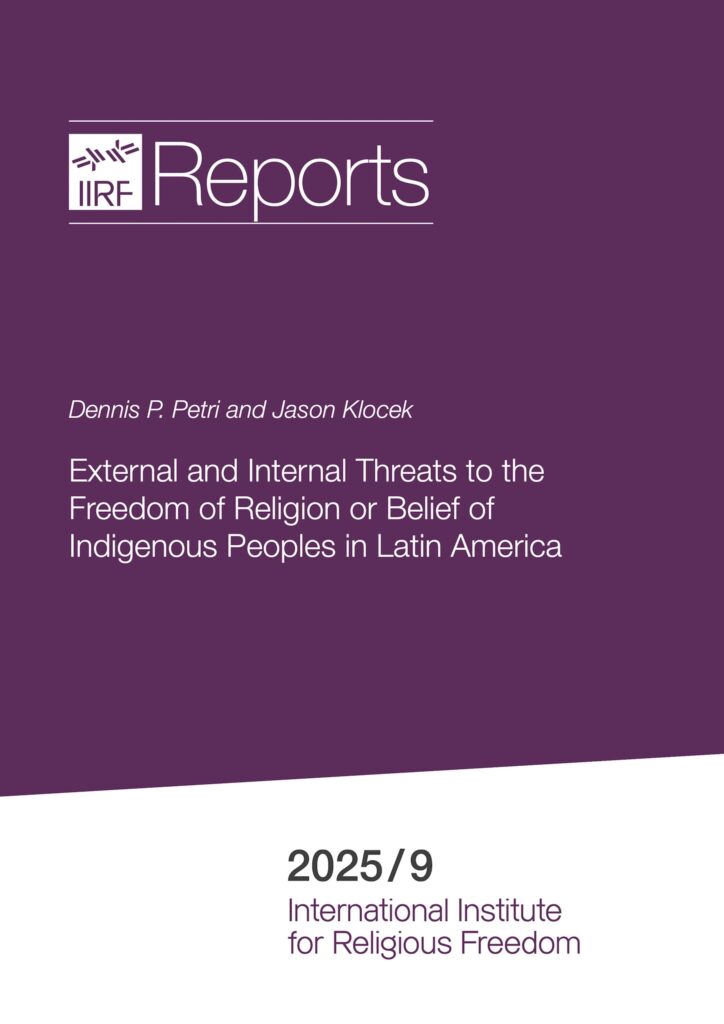Indigenous Peoples in Latin America face a dual challenge of social vulnerability and violations of freedom of religion or belief (FoRB). Representing 8 % of the region’s population yet disproportionately affected by poverty, displacement, and health disparities, these communities also endure persistent religious discrimination—a challenge historically overlooked in policy and scholarship. This article advances the understanding of FoRB violations against Indigenous Peoples by distinguishing between external threats, targeting collective religious practices, and internal threats, undermining individual religious rights. Using a cross-case analysis of Paraguay, Mexico, and Colombia, this study illustrates the varied manifestations of these threats, relying on novel data from interviews, open-source platforms, and the Violent Incidents Database of the Observatory of Religious Freedom in Latin America and the International Institute for Religious Freedom. Focusing on Latin America as a “least likely case” for FoRB violations, the article highlights significant disparities in FoRB protections for Indigenous Peoples, challenging the assumption of Latin America as a region of relative religious freedom. By shedding light on these violations, the study underscores their broader implications for political stability and human rights. The findings call for greater attention to the intersections of religious freedom and Indigenous rights, offering a framework applicable to global contexts. This work also highlights the need for sustained data collection and targeted interventions to address these challenges effectively.
